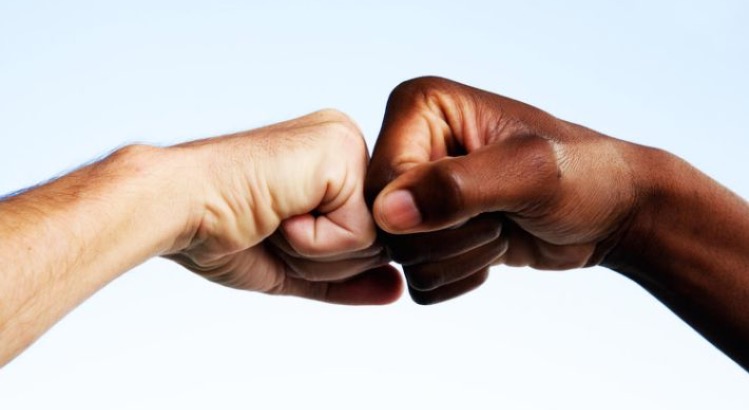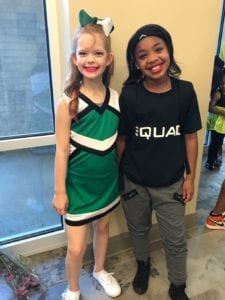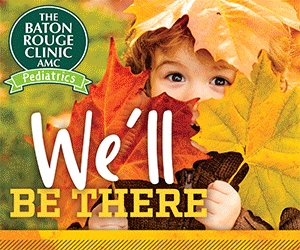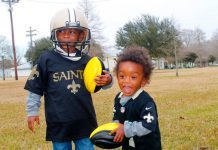Many of you may have read our post from last year titled How to Raise a Rapist. If you didn’t have a chance to read, run, don’t walk and read it now! That post really struck a chord with me as I raise my boys, one of whom is a teenager now (please pray for me). The post inspired me to write something similar but from another perspective.
The wake up call…
 Last year, Baton Rouge experienced more tragedy than most of us knew how to process. The Alton Sterling shooting, then the police shootings, then the flood … it was all too much! System overload, cannot compute. My husband and I are quite passionate when we speak in our home, and we would candidly vent our frustrations about current events. But I noticed something shifting in my kids. They would become more negative in their speech in general, and when it came to race relations, our normally even-tempered, very tolerant children were becoming angry and judgmental.
Last year, Baton Rouge experienced more tragedy than most of us knew how to process. The Alton Sterling shooting, then the police shootings, then the flood … it was all too much! System overload, cannot compute. My husband and I are quite passionate when we speak in our home, and we would candidly vent our frustrations about current events. But I noticed something shifting in my kids. They would become more negative in their speech in general, and when it came to race relations, our normally even-tempered, very tolerant children were becoming angry and judgmental.
Watch what you say.
As parents, we have to be careful with our words. In a moment of anger, we may say something honest and true based on our emotions at the time. While we can process things with a big picture in mind, our kids cannot. For example, we may something as simple as “the white lady in the aisle was so rude” or “people at this certain place are prejudiced.” We may have just been identifying that the lady was white (or black), but our kids may attach the behavior to the person’s skin color. I learned during this time that some racial conversations just were not suitable for my kids, and in some cases, protecting their innocence outweighed their need to know.
Watch how you act.
Do you behave differently around certain people? Talk different? Kids pick up on everything. If we change our behaviors around people who are different, this could indicate to a child that you are uncomfortable. They may feel that it’s not okay to be themselves around different people, or worse that people who are different from them should change their behavior to make them comfortable. Mocking or making fun of another person’s culture (i.e the way they dress or talk) may get a good laugh and you may mean no harm, but it’s not a good example. Kids will mimic the behavior we model. When we make fun of other cultures and ethnicities, it devalues that group and their practices. We teach our children that our ideals and traditions are superior to another.
Watch your friends.
This may be the most important. When we fail to diversify our circle of friends, we fail our children. We limit their understanding and exposure. When they see us have healthy relationships with people of all nationalities, it opens up their world.
This takes effort and we should be intentional about expanding our horizons. When my kids see me act friendly with all types of people, it breaks down walls. It colors their world. They can ask questions and get answers in safe spaces. Kids are naturally curious and that is a


positive thing. I would much rather have a seven-year-old ask me about my hair than a 20-something who is clueless. I also believe fussing or shutting their questions down is dangerous. Let them ask about differences, respectfully of course. Most people will be glad to share information about their culture.
I truly believe that no one is born a racist. Racists are grown. Sometimes it happens indirectly and sometimes directly. Most racism stems from misconceptions, lack of knowledge, and untruths. When we expose the truth and do our part as parents, perhaps our kids can grow up in a world where color really is a non-issue.



















Wonderful article and very well written.
We also need to monitor the households of our children’s friends. If the household has racist overtones, they will bleed over to your child.